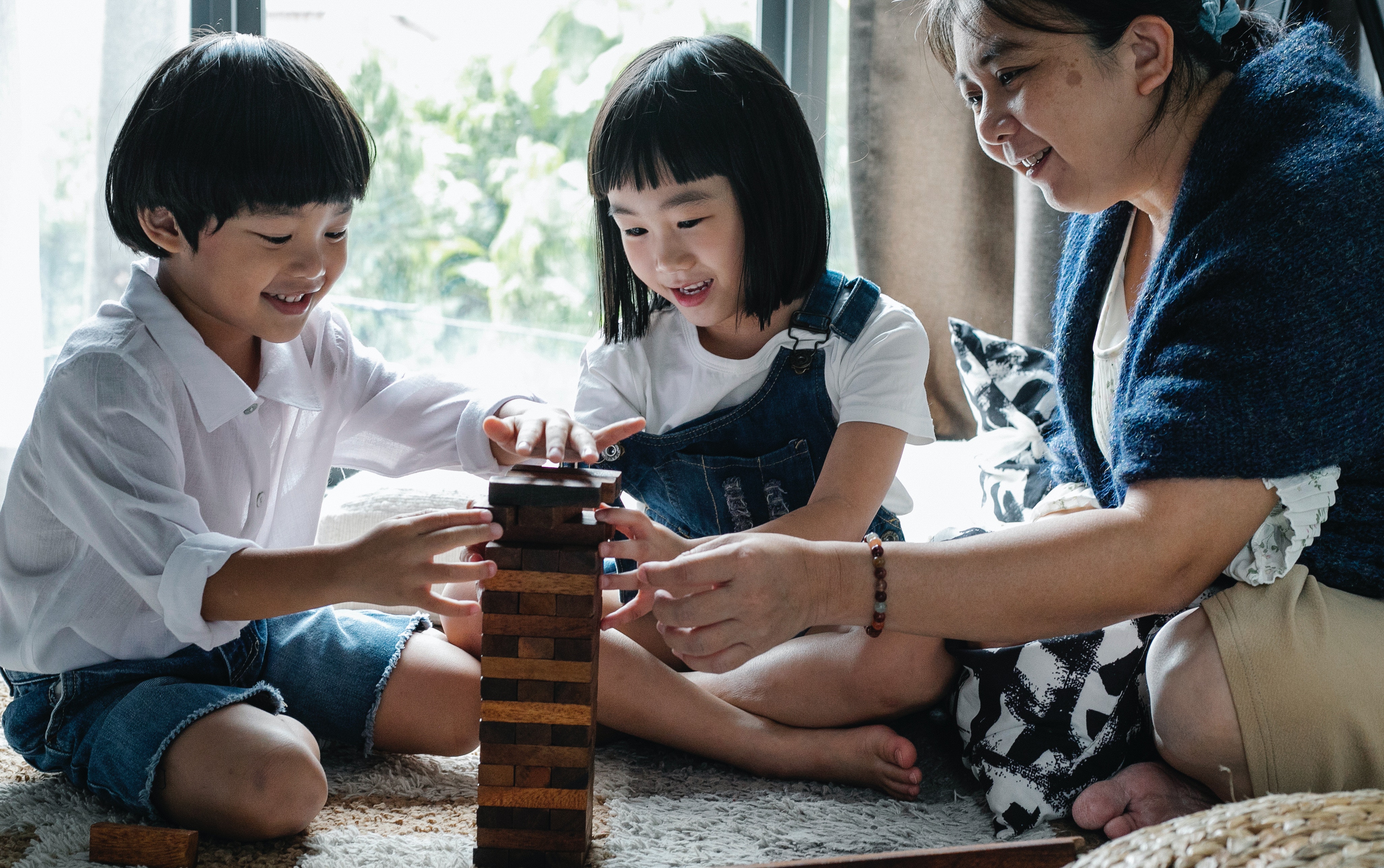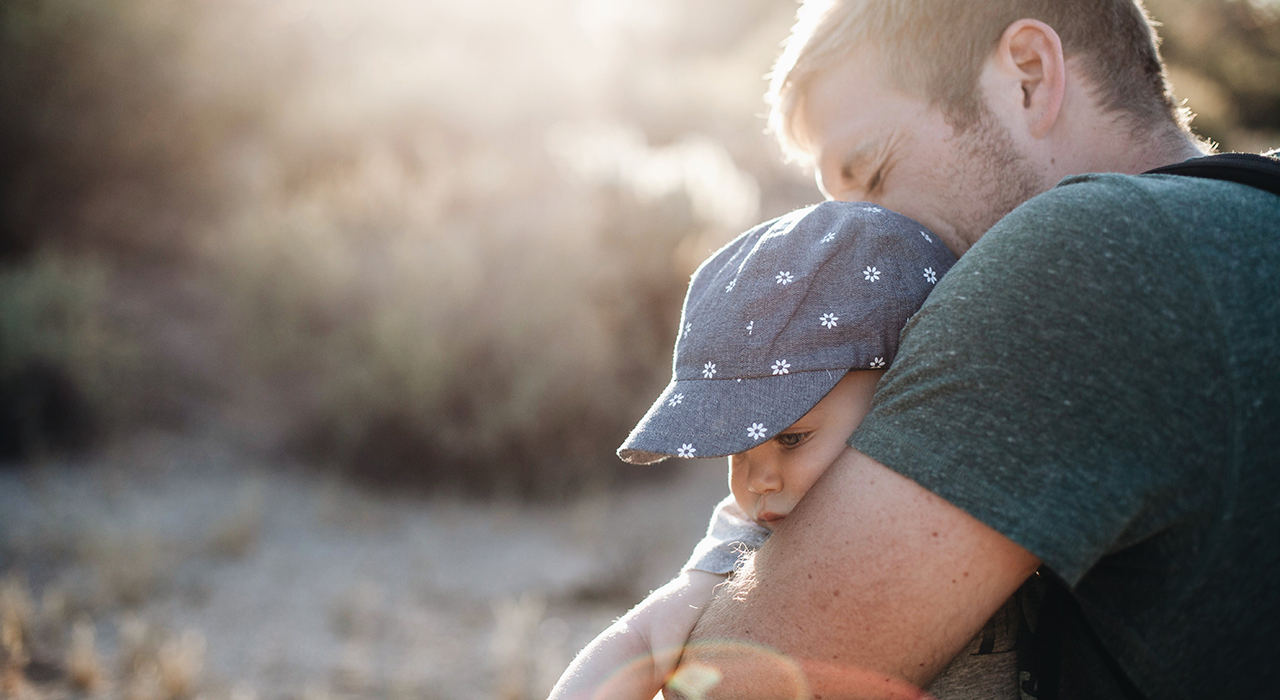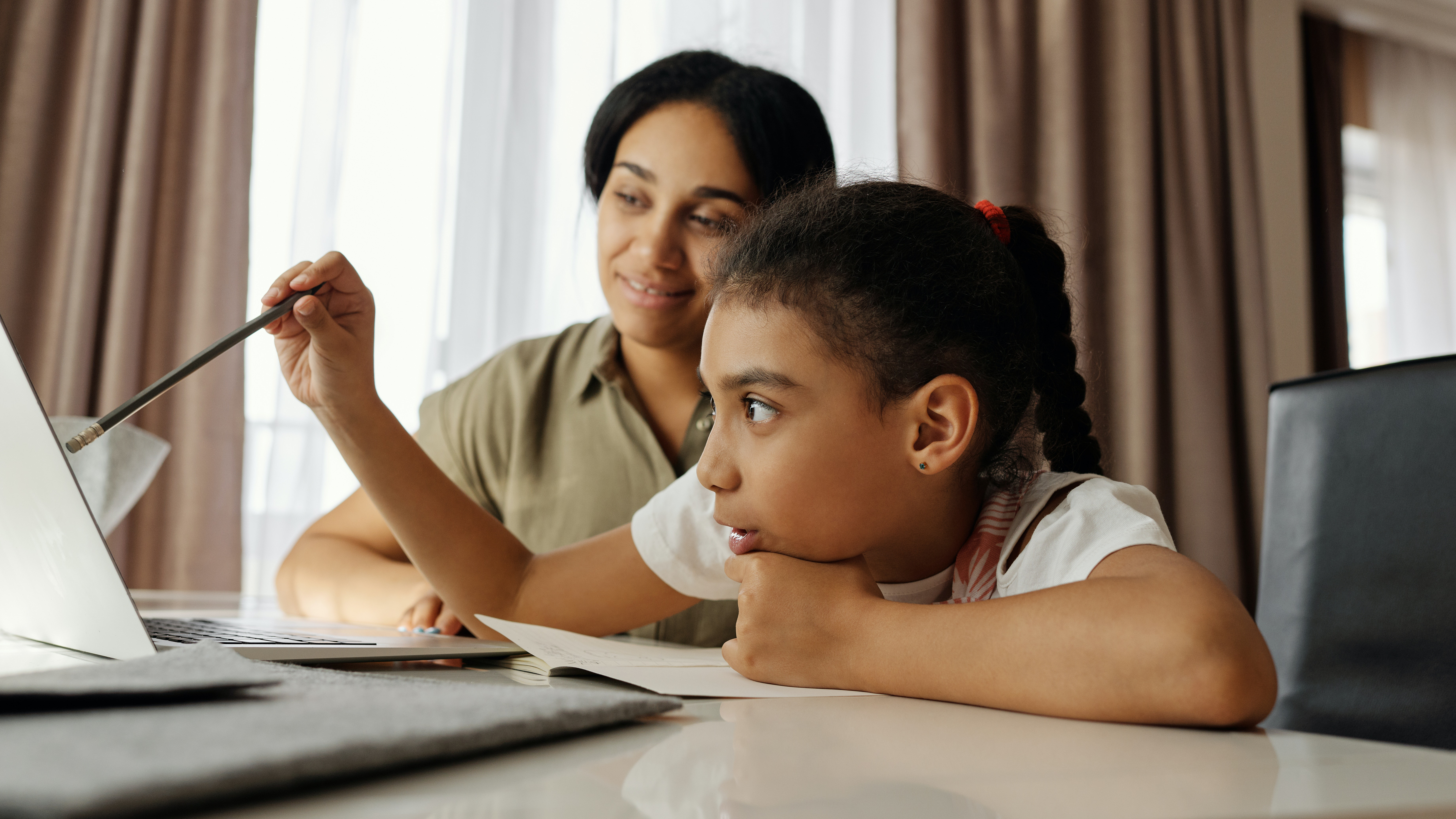With images of long testing queues, exhausted healthcare workers, packed hospitals and rapidly increasing infection charts, it's hard not to be affected by the endless pandemic coverage.
The emotional toll from a global crisis can cause intense, confusing, and overwhelming emotions. Exposure to round-the-clock news coverage and endless social media posts can result in feelings of anxiety, among both parents and children.
![]()
Research shows that a constant stream of bad news can be traumatizing. Some symptoms of trauma in kids, to look out for include being withdrawn, more clingy than usual, or reverting to childhood habits such as thumbsucking.
Young people may feel particularly anxious as their daily realities are constantly evolving, such as uncertainty about the school year, parents' work situations changing, and the constant canceling and rescheduling of events and holidays.
Here are some tips to help your family work navigate the pandemic news.
1. Reassure your children that they are safe.
The media's emphasis on the increasing number of cases can scare children as many may worry that their families, loved ones and/or themselves could fall victim to the virus. Don’t be afraid to talk about the situation openly with your children.
You can help to reduce their fear and stress by providing opportunities to answer questions in an honest and age-appropriate way. Be mindful not to overwhelm them with unnecessary information, such as long-term health effects as this may increase their anxiety. It may be helpful to reassure children that coronavirus is less common and severe in children compared to adults.
2. Limit media exposure.
In this day and age, with news everywhere, we can’t shelter children completely from traumatic stories. However, repeated exposure to graphic media stories is likely to cause fear in children.
To avoid your children having to deal with these feelings alone ensure to limit their unsupervised access to television and social media. Instead, make sure you are with children when they are viewing stories and reassure them if they are feeling anxious. Check-in regularly with the news, but balance it out with leisure activities that reduce stress such as playing board games and going outside.
![]()
3. Focus on positive stories.
Highlight to your children some positive stories from the last couple of weeks. This is a great way to remind your child it’s not all ‘doom and gloom’ and there are actually some great pieces of news we should celebrate. The ABC’s Good News collection is a great place to start.
It could also be a good idea to reassess your own news consumption habits. Try and designate a certain amount of time to check the daily news, perhaps 15 minutes each morning, allowing yourself to stay informed and not overwhelmed.
After all, the purpose of the news is to keep us informed not make us feel fearful!
4. Let them know what they can do.
Working to help those more vulnerable is a great way to positively navigate the situation with your kids. Like adults, children are likely to feel better if they are given the opportunity to help. This could involve writing letters and drawing pictures to send to grandparents or friends they are unable to see.
Allow children regular contact by phone with people they may worry about, such as grandparents or unwell friends, to reassure them that they are okay. Make sure kids are aware of what they need to do to stay safe, giving them a sense of control such as washing their hands regularly, and wearing a mask when required.

5. Spend time as a family.
It is important to maintain social routines and spend meaningful time with children in the wake of the current pandemic situation. If school holiday plans were altered, ensure to still spend valuable time together with the focus away from the situation.
Activities like a nightly board game or a daily visit to a park are great ways to ensure the holidays are still memorable and enjoyable for the whole family.
6. Look after yourself and seek help if necessary.
The way in which parents and carers respond to any stressful event directly influences the reaction in children. If you are experiencing persistent feelings of stress and anxiety, seek advice from your GP or mental health professional.
Remember to practice self-care find time for yourself every day to ensure you are supporting your mental health.










.jpg)




